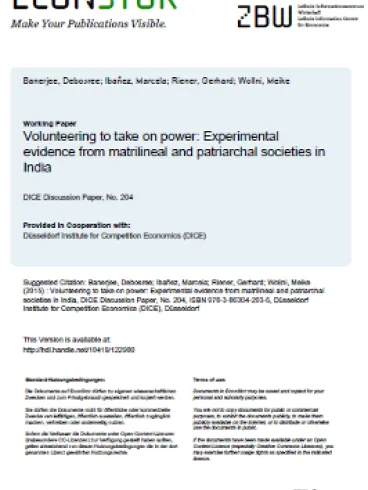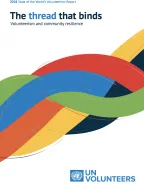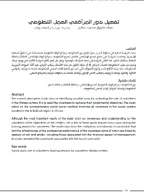
Volunteering to take on power: Experimental evidence from matrilineal and patriarchal societies in India
Fast read
- This paper investigates whether gender differences play a role in the willingness to volunteer in positions of power.
- To understand whether the differences are innate or socially acquired, a public goods game was implemented with third-party punishment and counter-punishment in both matrilineal and patriarchal societies in India, involving a total of 560 participants.
Summary
The results show that power differences are due to conformity with preassigned gender roles in both matrilineal and patriarchal cultures. Women in matrilineal society (where ancestral descent is traced using maternal lines), were found to be more willing to assume the role of the norm enforcer. The converse is true in patriarchal society, where men dominate and hold power. The results also suggest exposure to public scrutiny and aversion to retaliation as drivers of gender differences in the willingness to volunteer in positions of power. It also found that changes in the institutional environment associated with less exposure of and retaliation against the norm enforcer increased participation of the segregated gender.
The paper recommends governments and policymakers consider the underlying cultural context to make the adjustments needed to ensure volunteering programmes contribute to gender equity, rather than reinforcing unequal power dynamics.






